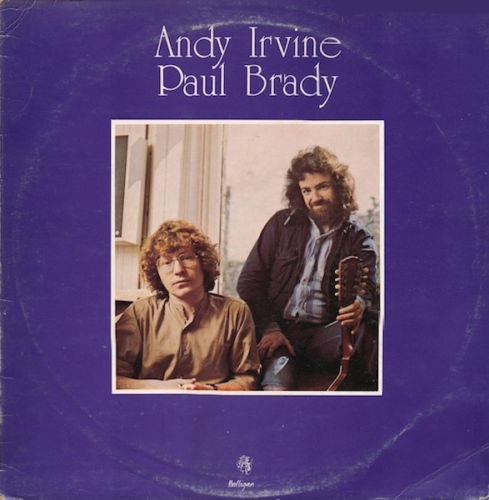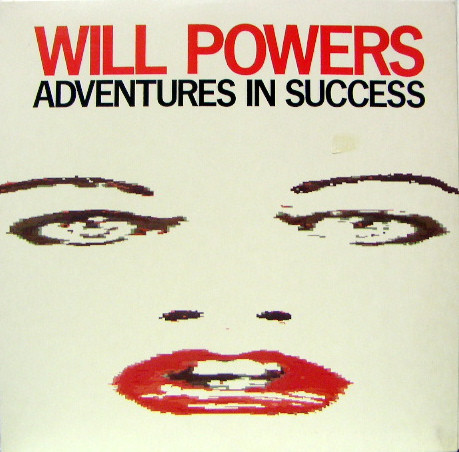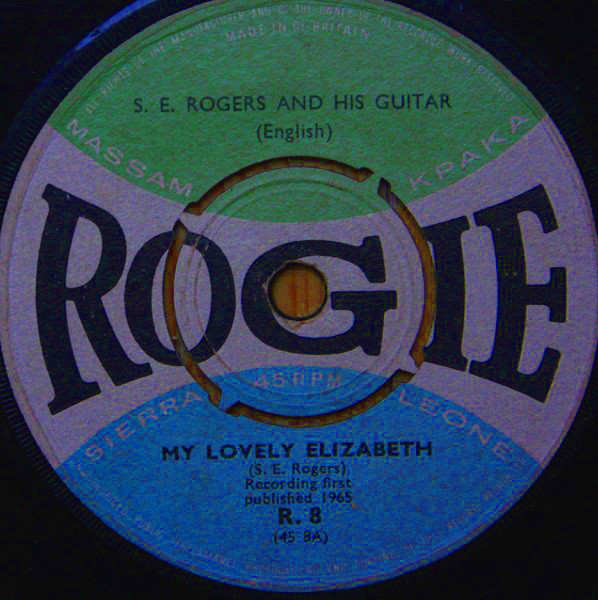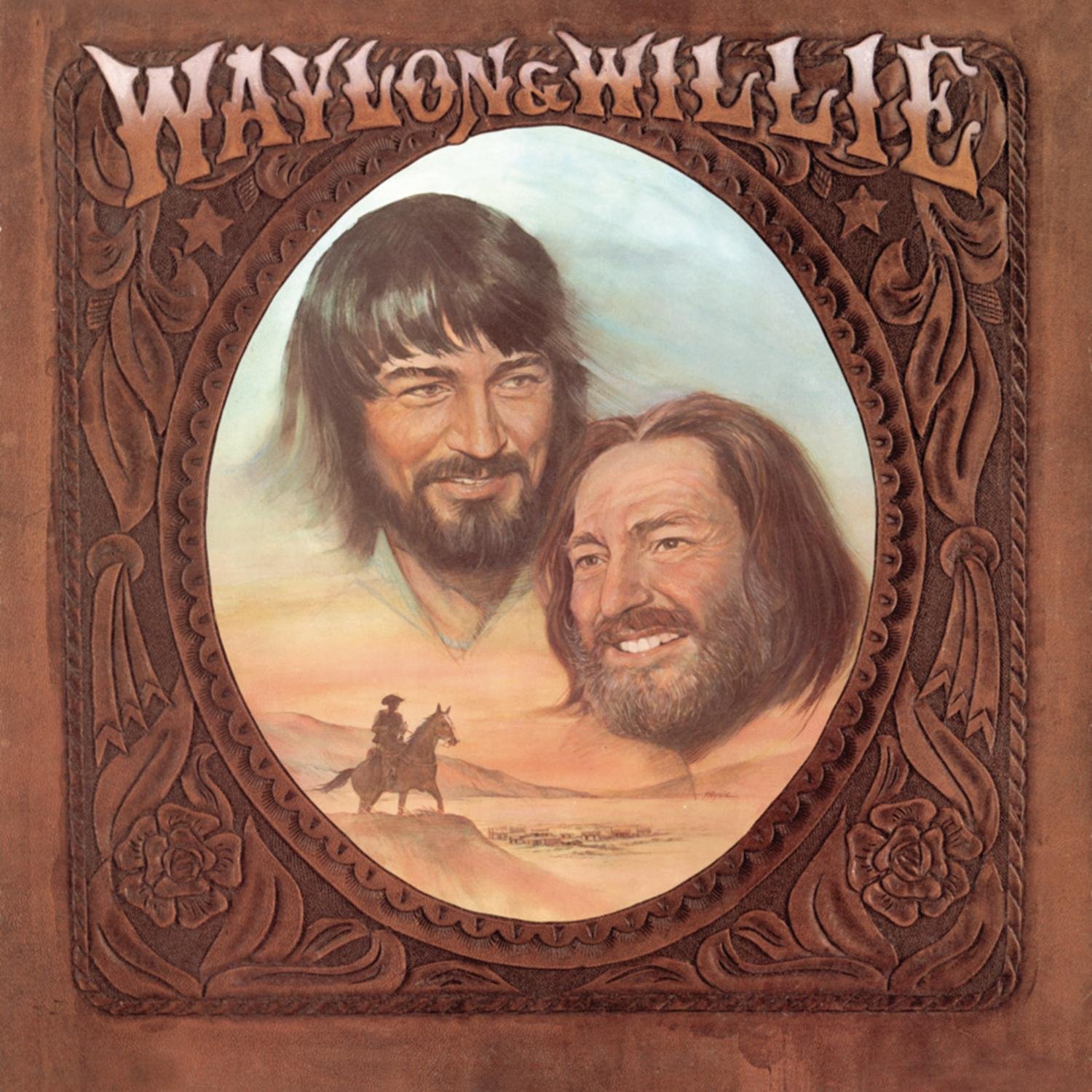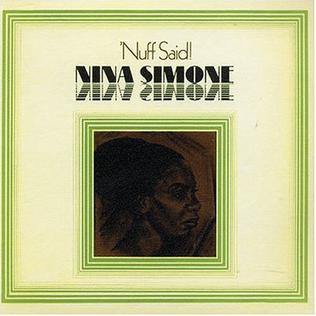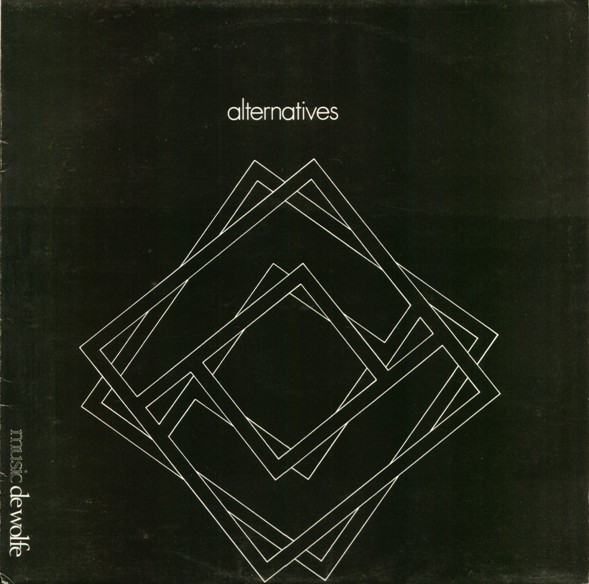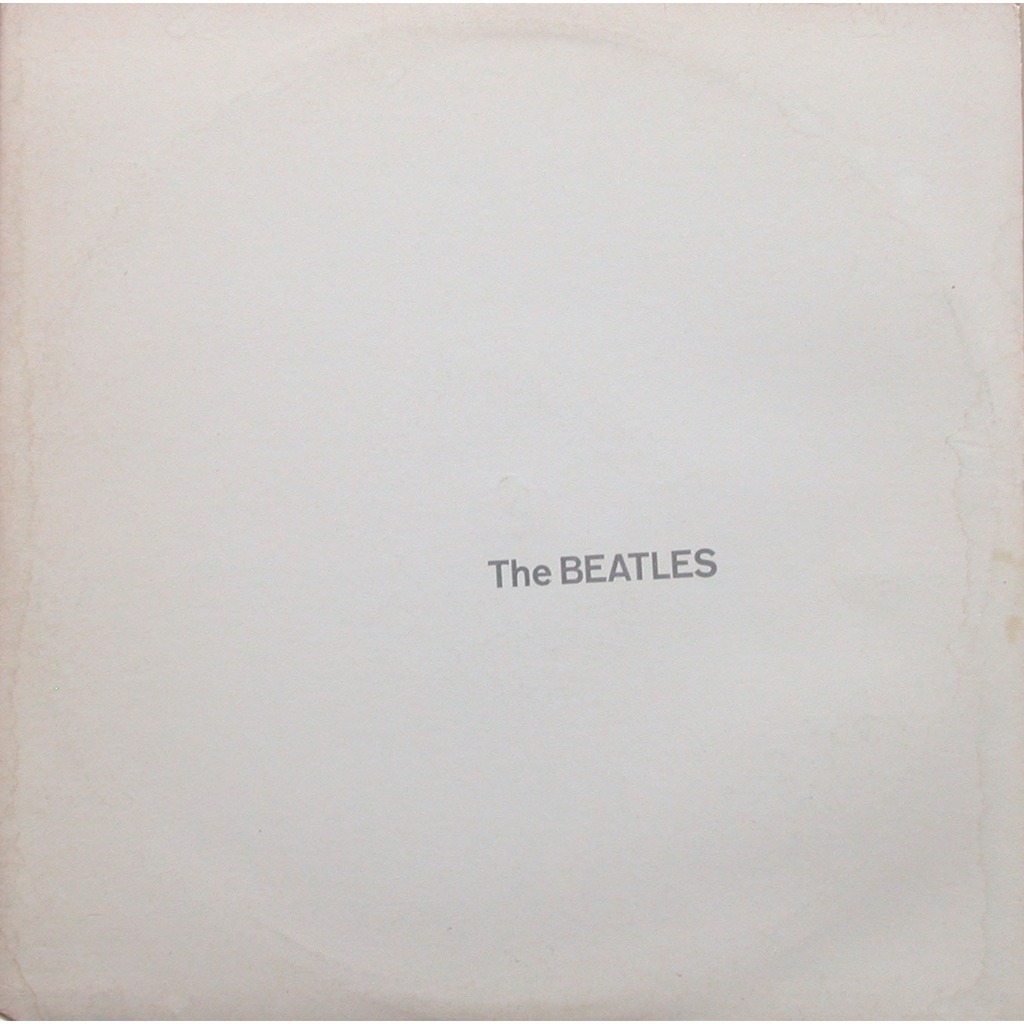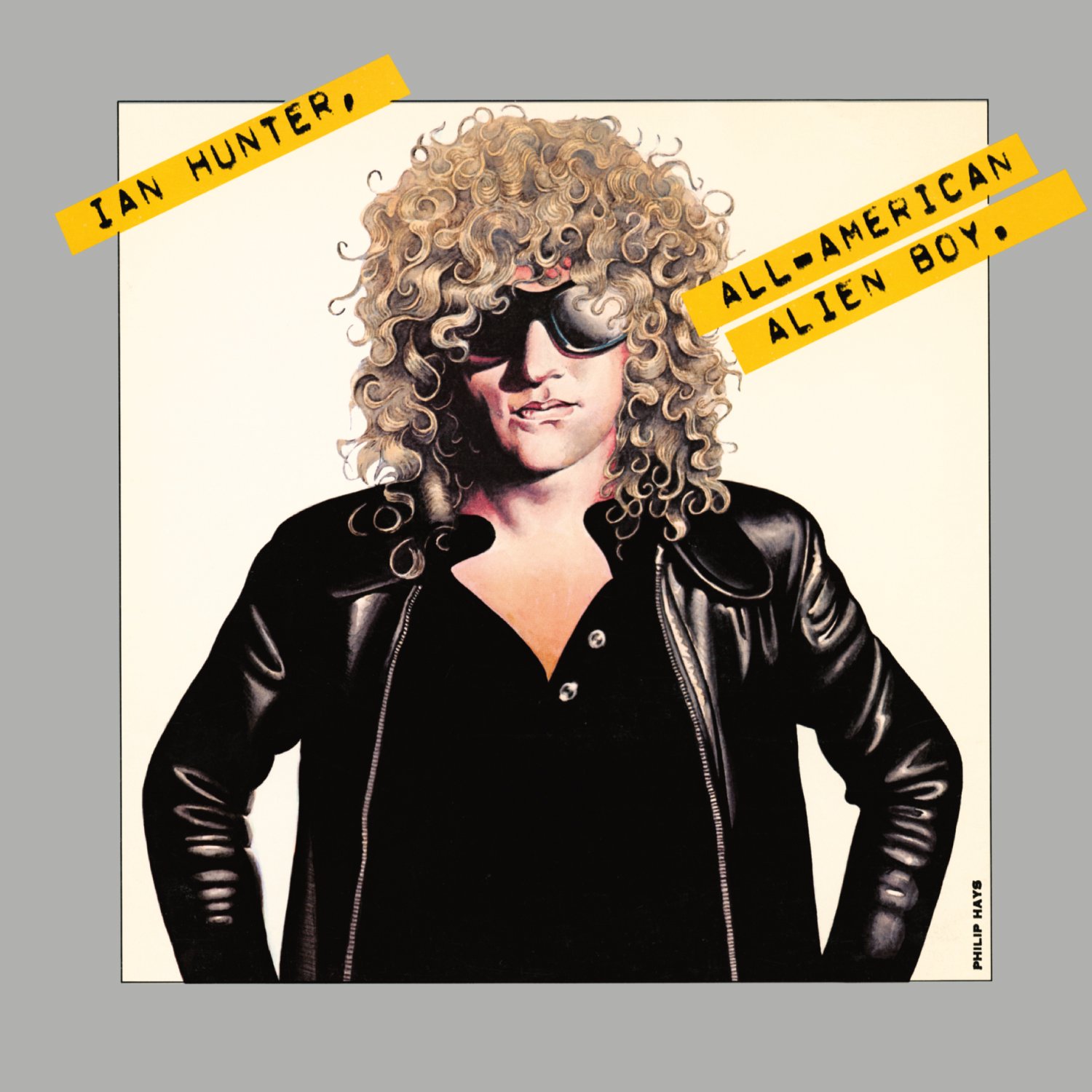
“All-American Alien Boy” (1976) – Ian Hunter * Written and produced by Ian Hunter * 45: “All-American Alien Boy” / “Rape” * Album: All-American Alien Boy * Label: CBS
In the mid-seventies rock-record lexicon of musical symbols, “New York City” and “America” translate to “saxophone.” Quick cross-references include proud LA via NYC transplant John Lennon’s “Whatever Gets You Thru the Night” (1974, Bobby Keys on tenor), David Bowie’s “Young Americans” (1975, David Sanborn on alto), and Ian Hunter’s “All-American Alien Boy” (1976, Sanborn again).
The Hunter track, the title entry for his second LP, memorializes the UK glam rocker’s move to “tube [subway] city” and packs in plenty more lyrical quirks and neologisms typical of a fresh expatriate, bubbling with the same fascination for big-city USA that we had read about in his 1974 book Diary of a Rock ‘n’ Roll Star. “Don’t wanna vote for the left wing, don’t wanna vote for the right,” he sings, in symbolic solidarity with the apolitical party rockers of Cleveland and Detroit that had always embraced him and his group Mott the Hoople. Let’s note, though, that he’s packed a “bulletproof vest” with unpleasant prescience in a song that also name checks Lennon as a fellow alien.
The overlong album version of “All-American Alien Boy” is the one you want, not the shortened UK single, because it includes the unusual sound of Jaco Pastorius delivering one of his trademark curlicue bass solos over a workhorse rock beat. Hunter would later say, in Bill Milkowski’s 1995 bio of the bassist, that Pastorius’s Weather Report fame made him inaccessible after this. It’s OK, because as good as it sounds here, Hunter’s brand of street balladry never called for such virtuosity.

